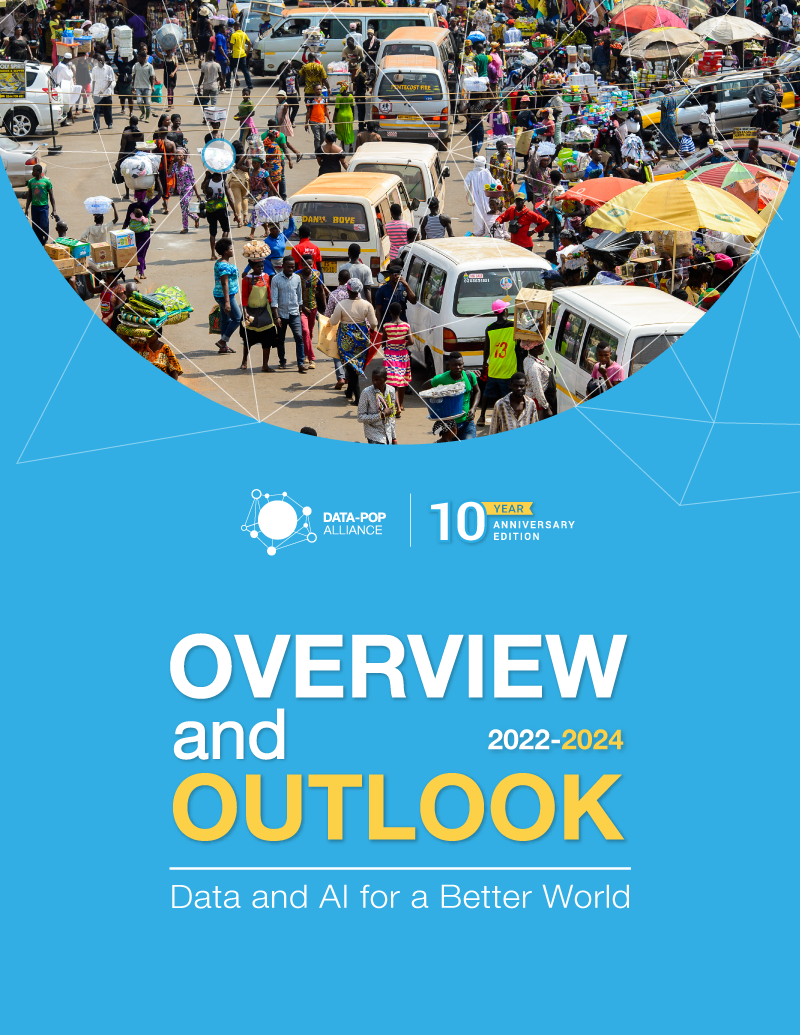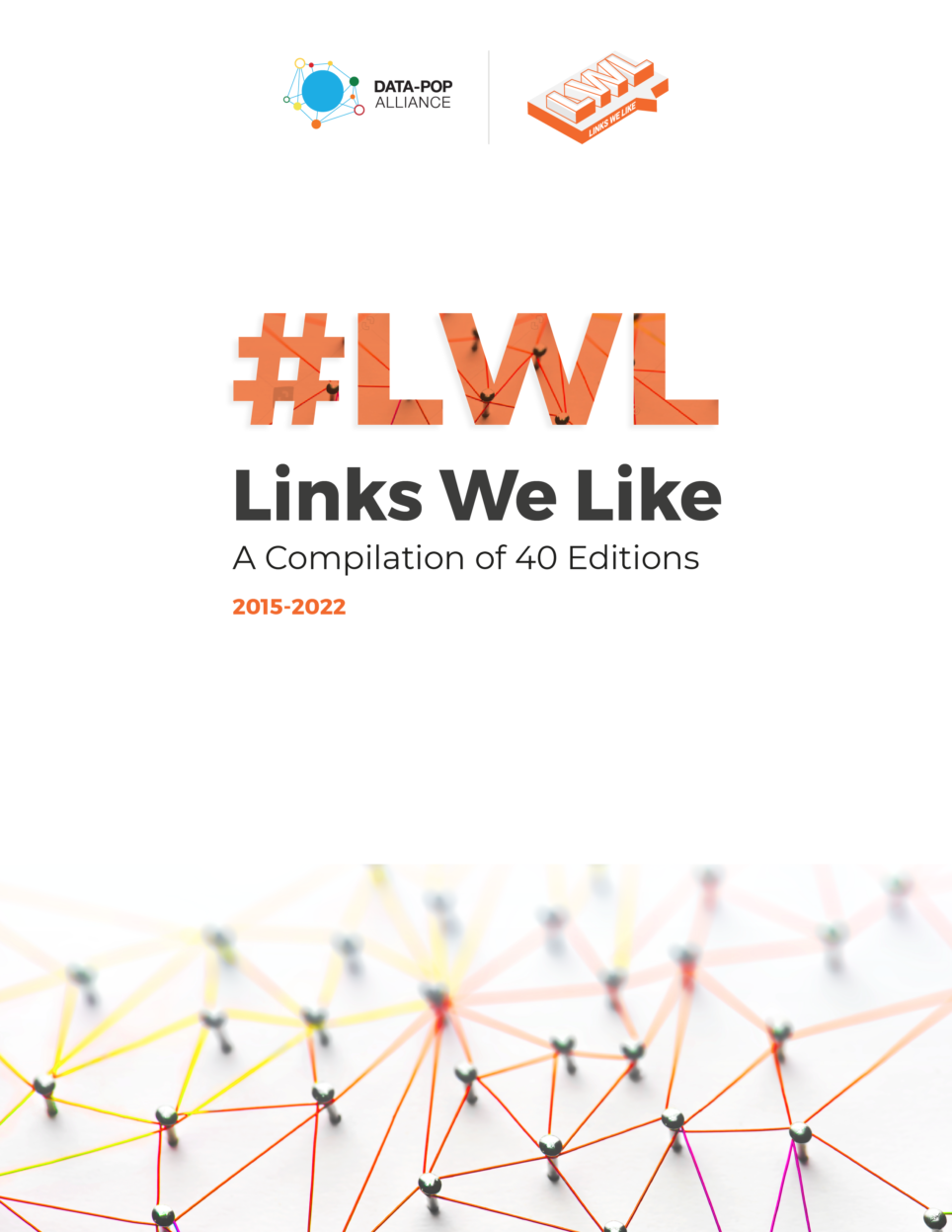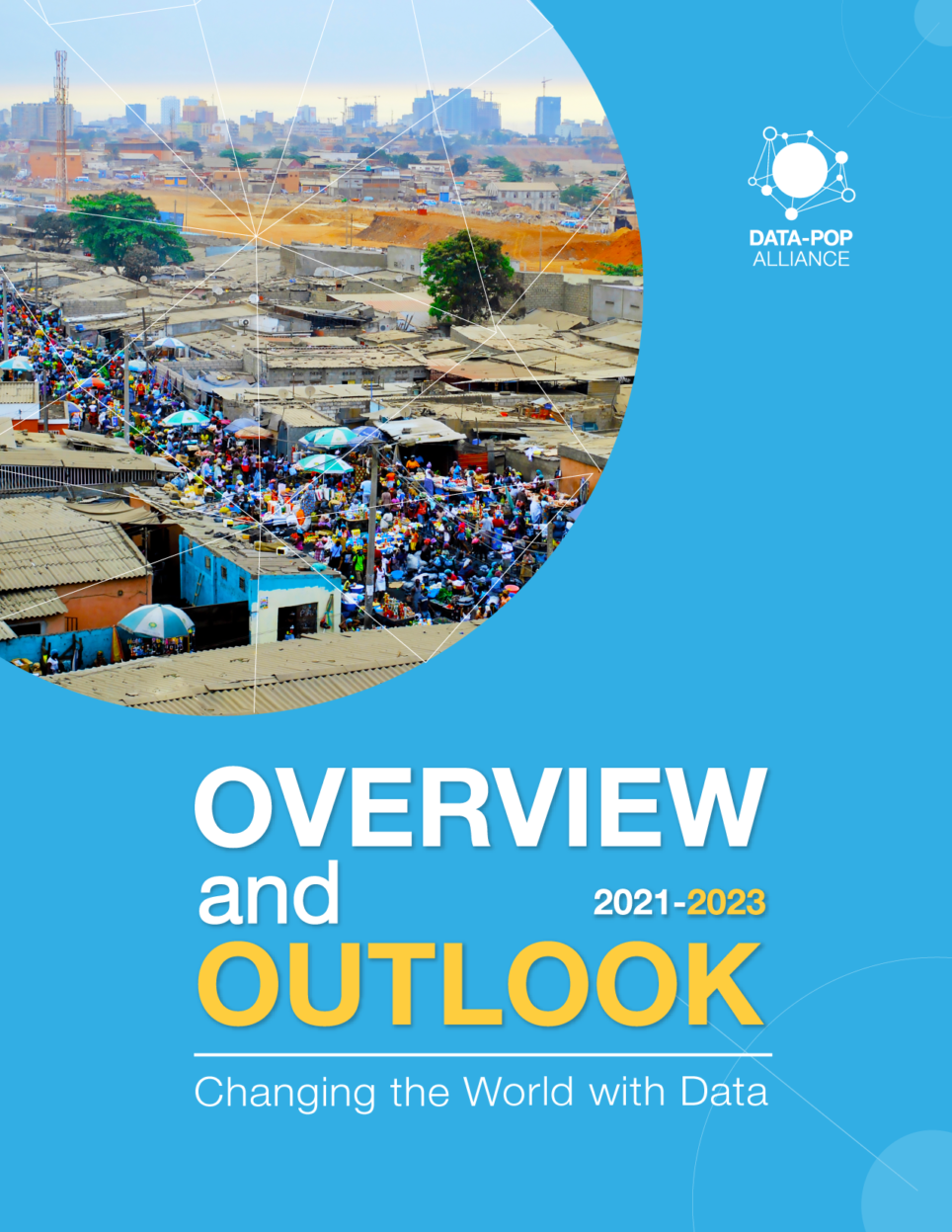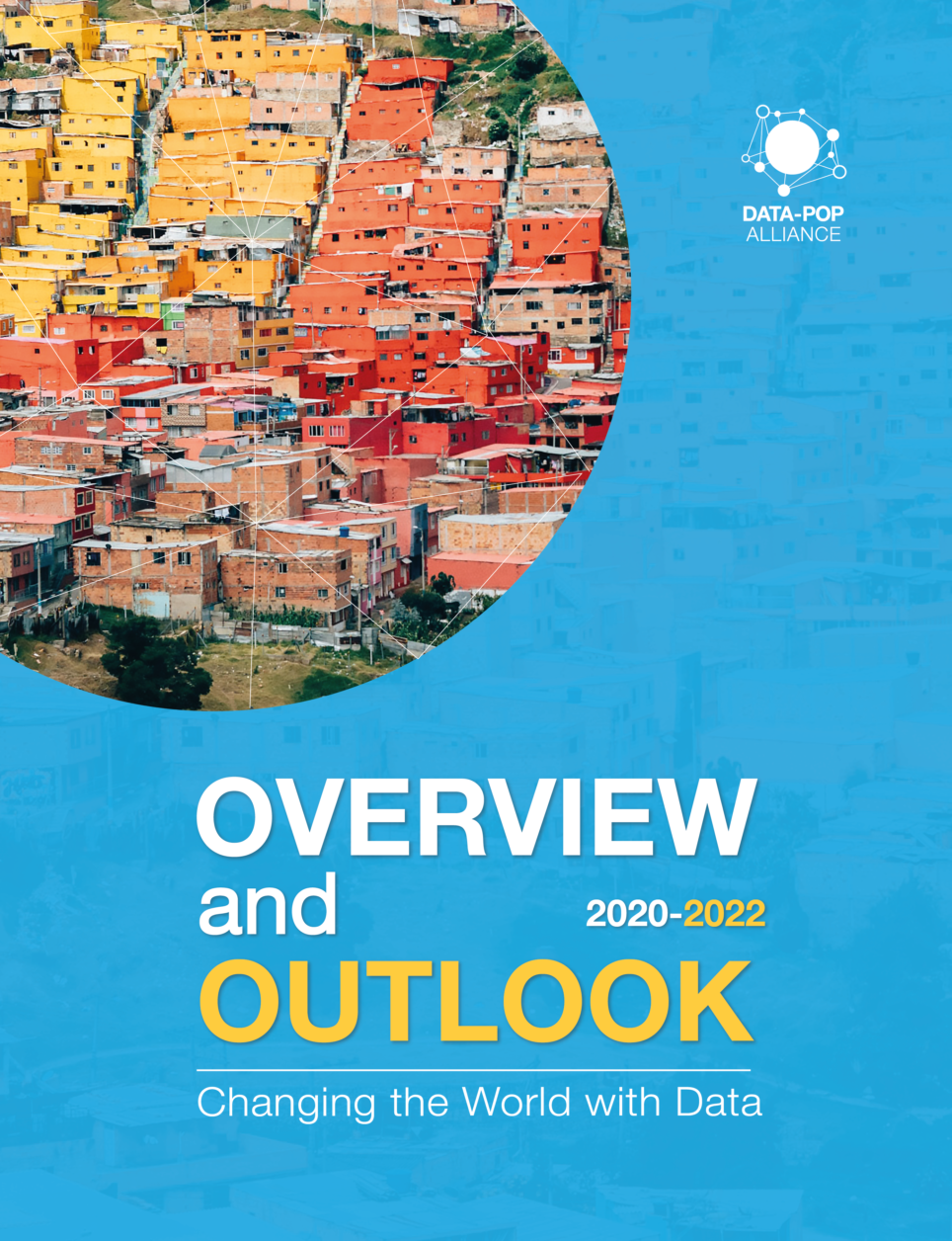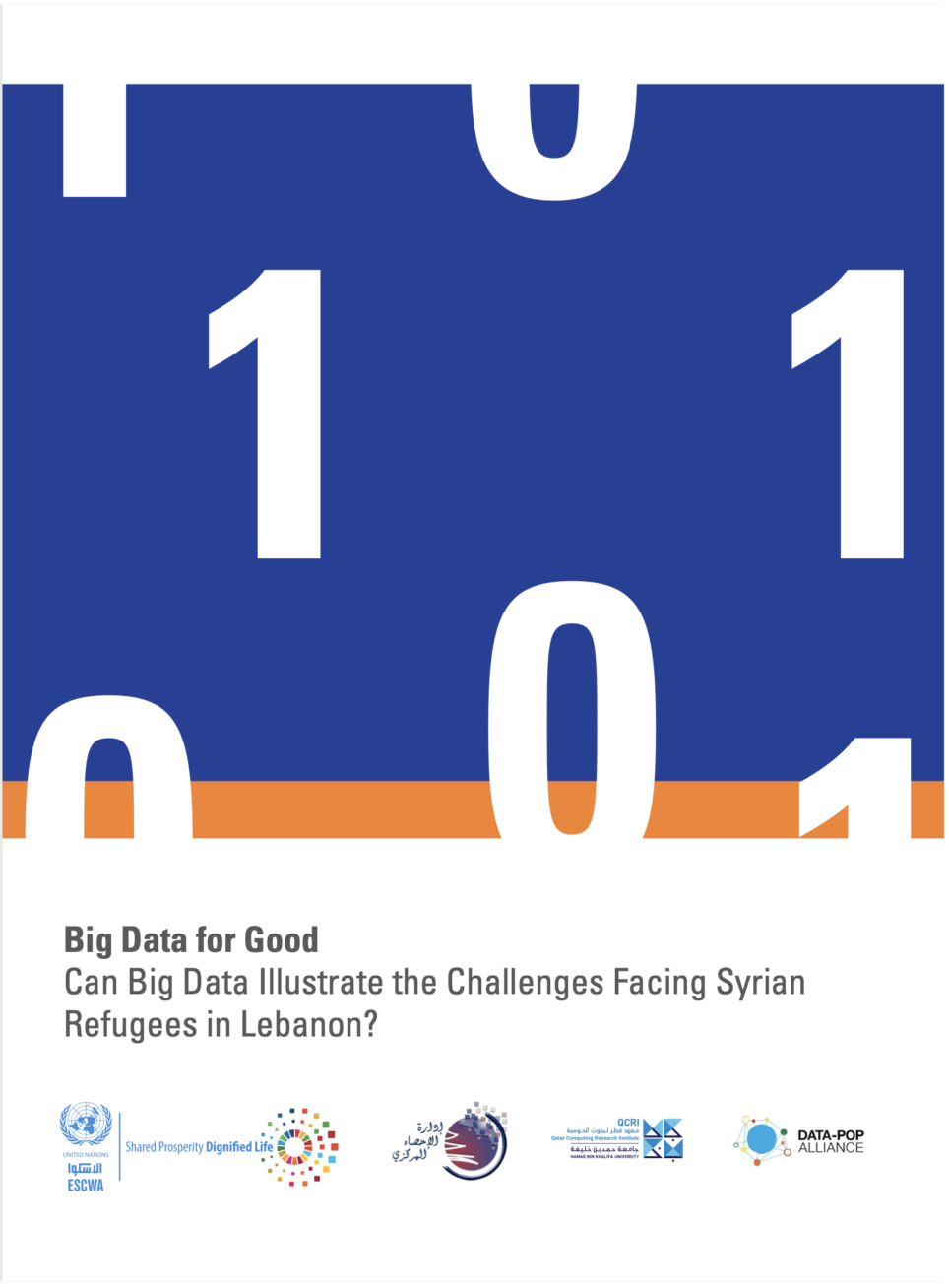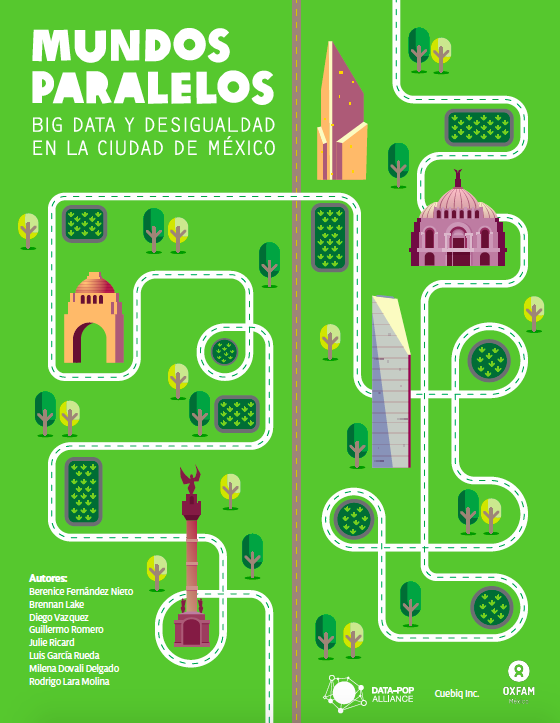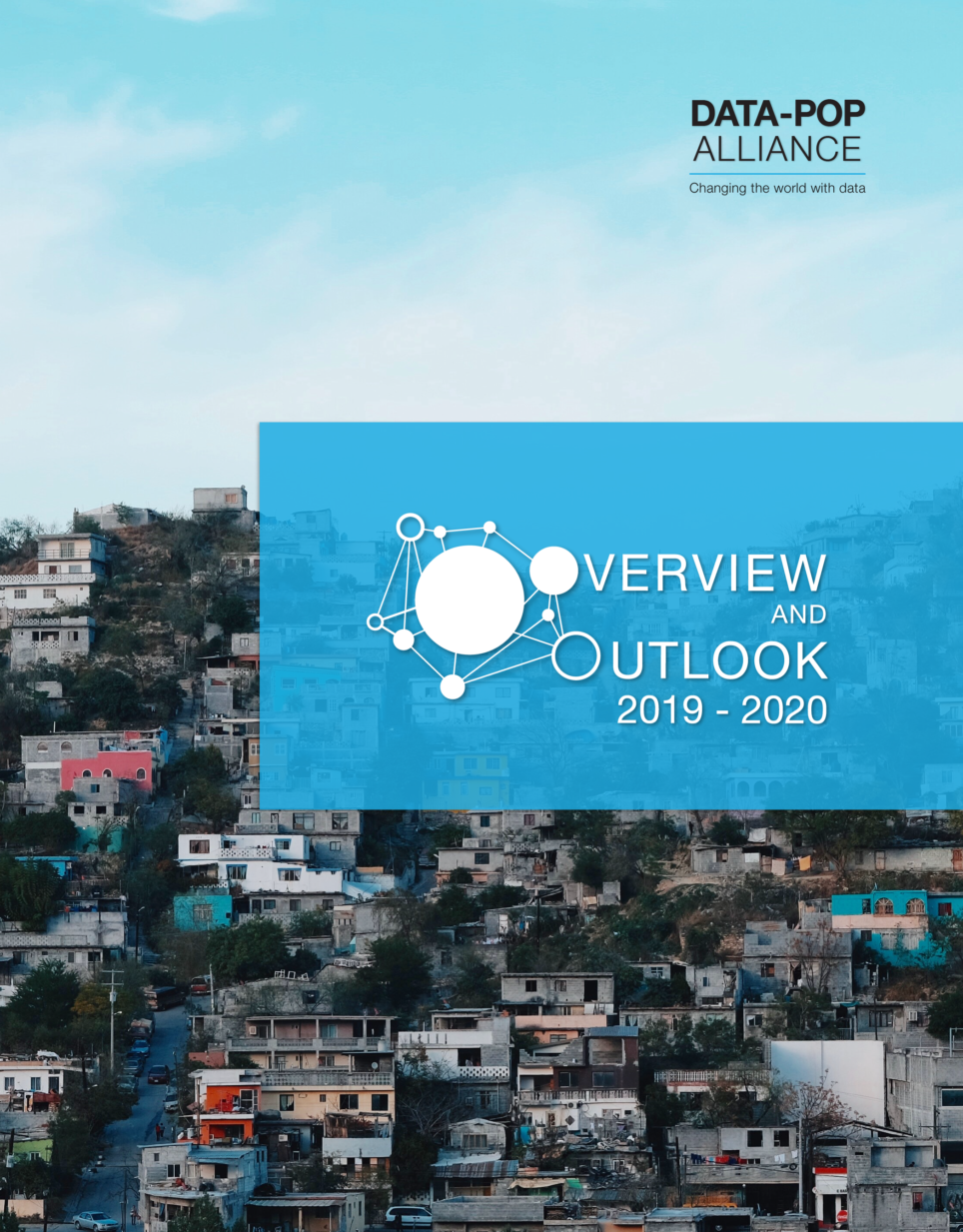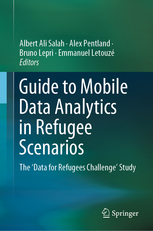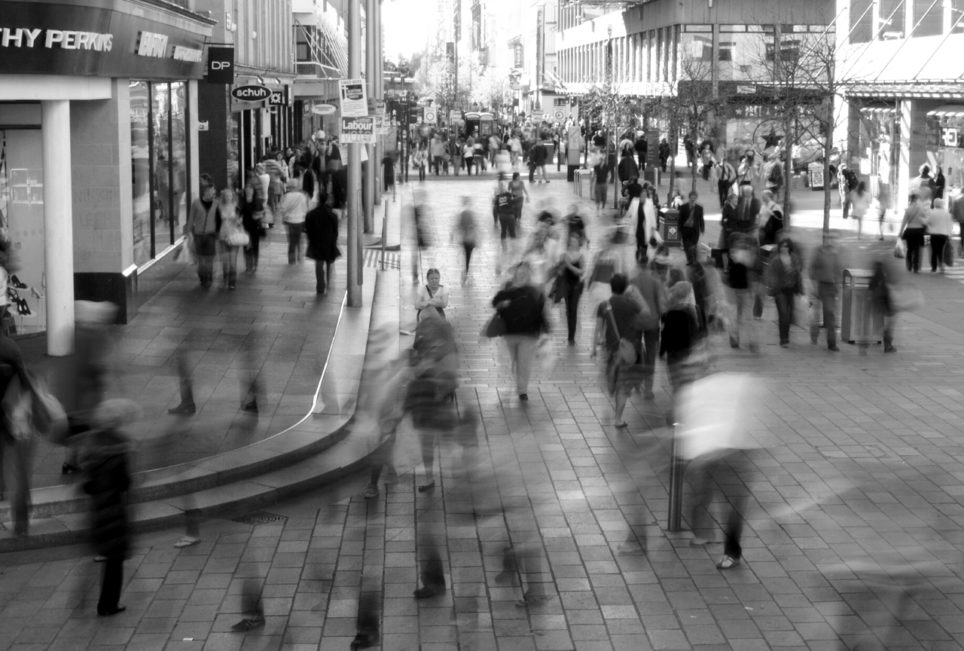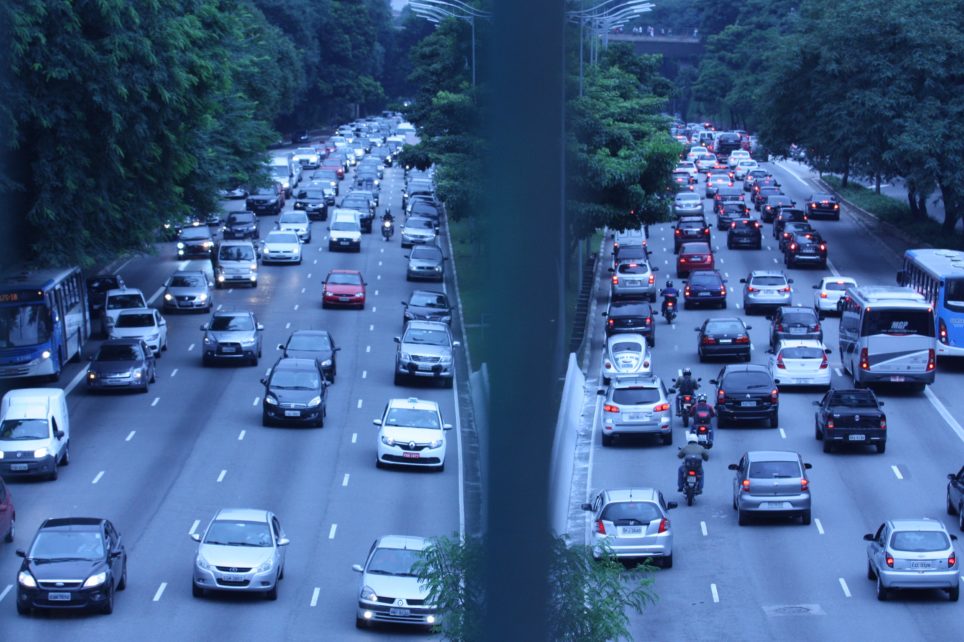10 YEARS IN REVIEW: A LETTER FROM OUR DIRECTOR Finding appropriate metrics to summarize a decade of work by and at Data-Pop Alliance is not easy. It could be the number of projects completed (over 100), of our publications (92), of countries where we have worked (over 30), or partners we have collaborated with (countless). It could also be our … Read More
Using Facebook Advertising Data to Describe the Socio-Economic Situation of Syrian Refugees in Lebanon
While the fighting in the Syrian civil war has mostly stopped, an estimated 5.6 million Syrians remain living in neighboring countries.Of these, an estimated 1.5 million are sheltering in Lebanon. Ongoing efforts by organizations such as UNHCR to support the refugee population are often ineffective in reaching those most in need. According to UNHCR’s 2019 Vulnerability Assessment of Syrian Refugees … Read More
Links We Like: A Compilation of 40 Editions
Links We Like Turns 40! Technically, Links We Like (LWL) has been around for seven years, and in that time we have produced 40 editions, all of which are compiled here in a downloadable PDF form. LWL began in 2015 as a way for us to take stock of the debates and conversations around the data landscape, as well as … Read More
Parallel Worlds: Revealing the Inequity of Access to Urban Spaces in Mexico City Through Mobility Data
The near-ubiquitous use of mobile devices generates mobility data that can paint pictures of urban behavior at unprecedented levels of granularity and complexity. In the current period of intense sociopolitical polarization, mobility data can help reveal which urban spaces serve to attenuate or accentuate socioeconomic divides. If urban spaces served to bridge class divides, people from different socioeconomic groups would … Read More
Overview and Outlook 2021-2023
Even for the most optimistic, any hopes that 2021 and the first half of 2022 would constitute a decisive upward inflection from recent and old trends should, by now, unfortunately have been put to rest. The past year has been generally more of the same, or worse, as pre-existing fissures and excesses have continued to be exposed and often exacerbated: … Read More
Overview and Outlook 2020-2022
Last year exposed and exacerbated pre-existing fault lines that had been previously ignored or minimised by those who claimed that 2019 was “the best year in history” only weeks before the pandemic shredded this illusion. Data exposed systemic inequities and structural imbalances when it showed that COVID-19 could severely affect many—even while infecting few—in the poorest regions because of its … Read More
Analyzing the Effect of Time in Migration Measurement Using Georeferenced Digital Trace Data
Georeferenced digital trace data offer unprecedented flexibility in migration estimation. Because of their high temporal granularity, many migration estimates can be generated from the same data set by changing the definition parameters. Yet despite the growing application of digital trace data to migration research, strategies for taking advantage of their temporal granularity remain largely underdeveloped. In this paper, we provide … Read More
Big Data for Good. Can Big Data Illustrate the Challenges Facing Syrian Refugees in Lebanon?
Timely evidence for policymaking has been a consistent objective for UN organizations and member states. The classical data sources needed for official statistics have been expensive, time consuming, leading to delayed outcomes, and in certain cases impossible to access (e.g. images, videos). Today’s connected world offers alternatives and supplementary non-traditional data sources enabled by Information and Communication Technology (Geographic Information … Read More
Mundos paralelos: Big Data y desigualdad en la Ciudad de México
“Mundos paralelos” es un proyecto desarrollado por Data-Pop Alliance y Oxfam México, cuyo propósito es analizar la desigualdad en la Ciudad de México, utilizando datos de movilidad proporcionados por el programa Data for Good de Cuebiq. Se tomó como estudio de caso la forma en cómo dos sectores socioeconómicos opuestos (los “mundos paralelos”) se apropian de los espacios que conforman la urbe y la posibilidad … Read More
Socio-economic, built environment, and mobility conditions associated with crime: A study of multiple cities
Nowadays, 23% of the world population lives in multi-million cities. In these metropolises, criminal activity is much higher and violent than in either small cities or rural areas. Thus, understanding what factors influence urban crime in big cities is a pressing need. Mainstream studies analyse crime records through historical panel data or analysis of historical patterns combined with ecological factor … Read More
Overview and Outlook: 2019-2020
Data-Pop Alliance was born 7 years ago out of the recognition that the defining element of the 21st century would be data. Since, phrases such as ”Big Data” and “Data Revolution” have been largely replaced by “Fourth Industrial Revolution” and “Artificial Intelligence”, but the key question remain essentially the same: how can data-infused systems and societies be shaped to foster … Read More
Book Chapter: “Guide to Mobile Data Analytics in Refugee Scenarios”
This book summarizes the most important findings of the Data for Refugees (D4R) Challenge, which was a non-profit project initiated to improve the conditions of the Syrian refugees in Turkey by providing a database for the scientific community to enable research on urgent problems concerning refugees. The database, based on anonymized mobile call detail records (CDRs) of phone calls and … Read More
Resident Population and Population Density in the Maldives
This final report describes the general scope of the project as well as the proposed approach to develop and evaluate socio-economic indicators exploring Big Data sources and methodologies available in the Maldives. In particular, the aim of this document is to present the findings of the work focused on estimating resident population and population density through Mobile Phone Data. The … Read More
Understanding Patterns of Human Mobility At Different Timescales
The main objective of this paper is to discuss whether and how the future of algorithms can be crafted such that their development and deployment—from their design to their use, including control, evaluation, auditing, governance—be based on and foster core democratic values such as accountability, transparency, participation, and collaboration. In doing so, we will focus on algorithms affecting public life … Read More
Understanding the Relationship Between Short and Long Term Mobility
Populations are highly mobile, both in terms of long term movements of individuals relocating their place of residence as well as shorter term mobility such as commuting, seasonal travel and recreational trips. Working with call detail record data from Namibia and Senegal, we study population migration and its link to short term movement. We compare the short term mobility estimates extracted … Read More
Characterizing and Analyzing Urban Dynamics in Bogota (From the Paper Series: “Big Data to Address Global Development Challenges”)
Using open data and mobile phone records, we explore this link with a spatial regression model that analyzes the environmental and the social conditions to which each part of the city is exposed. We found that physical characteristics of the city connected to higher urban diversity better explain the emergence of crime than traditional socio-economic conditions and, together, physical characteristics … Read More
Moves on the Street: Classifying Crime Hotspots Using Aggregated Anonymized Data on People Dynamics
This paper highlights the potential societal benefits derived from big data applications with a focus on citizen safety and crime prevention. Authors detail a case study tackling the problem of crime hotspot classification, that is, the classification of which areas in a city are more likely to witness crimes based on past data. In the proposed approach demographic information is … Read More

